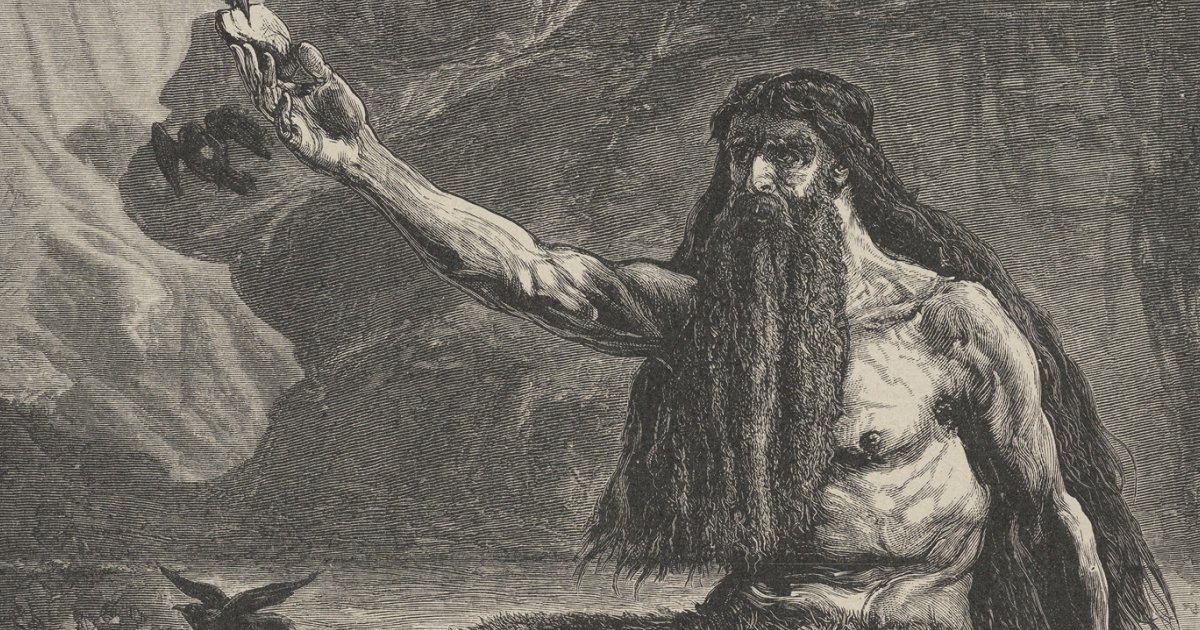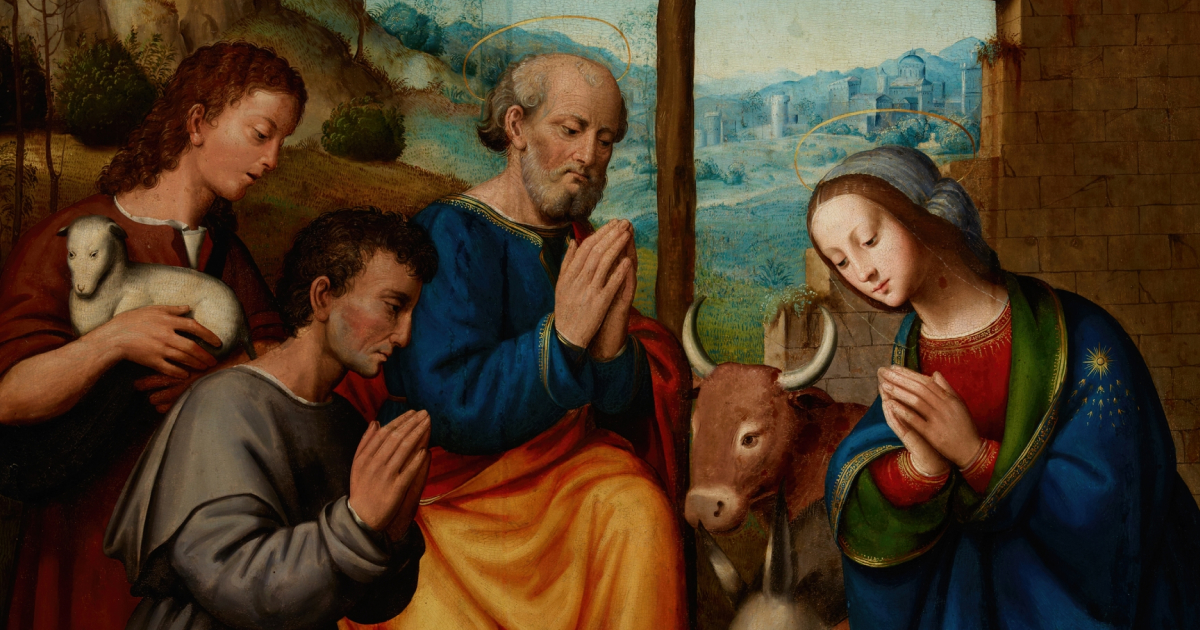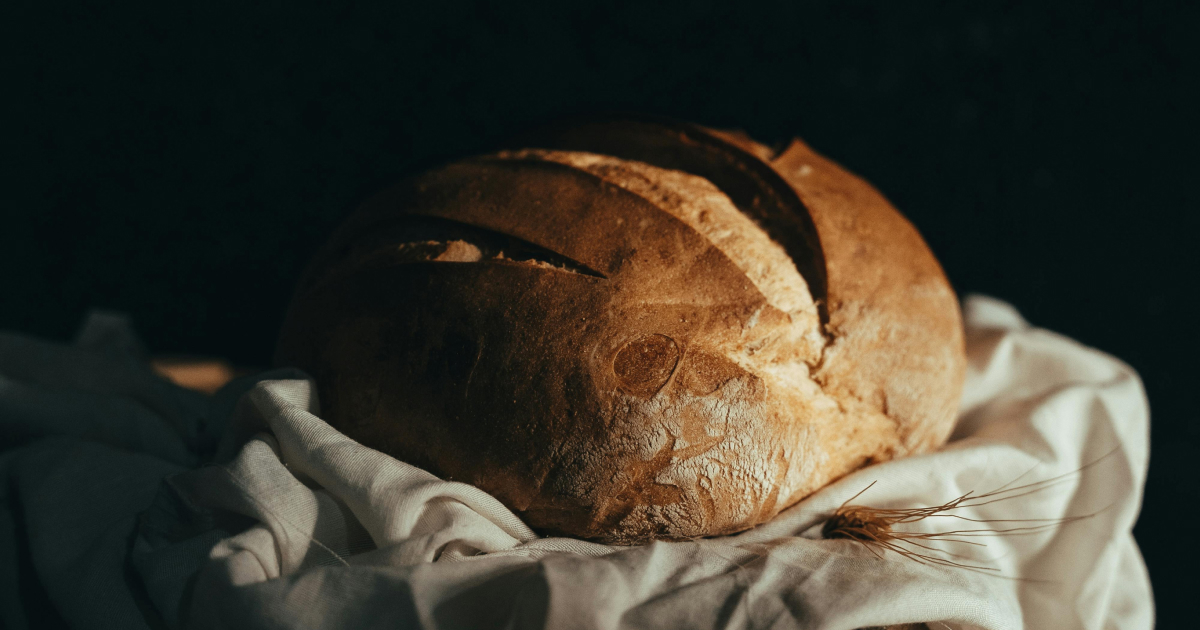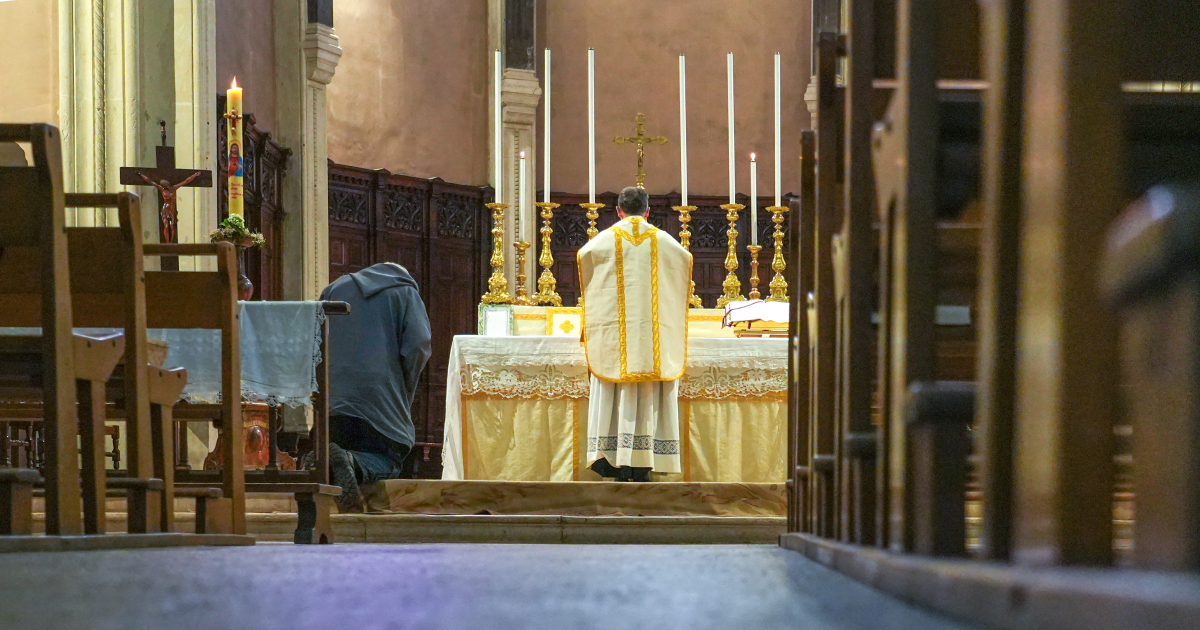“But God said to him, ‘Fool! This night your soul is required of you, and the things you have prepared, whose will they be?’” (Luke 12:20)
We can often be like the man in the parable in Sunday’s Gospel, who is speaking to himself rather than to God or to anyone else. Not only does he address himself, but he uses the word “I” six times and the word “my” five times in just a few phrases, so absorbed is he in himself. He is attached to his material goods, and this attachment blocks his relationships with God and with others. It is not wrong to prudently plan the use of our goods, but this man does so in isolation, without prayer and without thinking of others. He could have asked God for guidance, or donated or sold his excess to those in need.
Yet God does not abandon him to his self-centred monologue. He breaks through with a rebuke and a question. God’s rebukes are gentle and fatherly, not condemnatory, and his question directs the man’s attention to others: “the things you have prepared, whose will they be?” God is always trying to break into our monologue, so that we turn to him and to others. Like the man in the parable, we can be wholly engrossed in ourselves and our possessions, but God still mercifully finds us.
When God breaks through to us in this way, it comes purely from his initiative as a gift; we do not earn it. It is natural for him to do so, since through baptism our “life is hidden with Christ in God” (Colossians 3:3). When Jesus died, rose, and ascended, he took us with him to heaven—not yet our bodies, but our souls: our minds and hearts. His death gave us an inheritance greater than any earthly one we might receive from the death of a relative: a share in divine life. He wants to think his thoughts in our minds and plant his desires and decisions in our hearts. How can we idolise earthly things if our souls are already in heaven with him? We have already died spiritually, so why should we live as if our goods are our all, when in fact “Christ is all and in all” (Colossians 3:11)? We can “put on the new self, which is being renewed in knowledge after the image of its creator” (3:10), so that God’s thinking becomes our thinking. Then we will no longer see “Greek and Jew, circumcised and uncircumcised, barbarian, Scythian, slave, free” (3:11), but we will see Christ above all in each person.
On the last day, if we are faithful, our bodies will join our souls in heaven, where Christ’s body already is, and his mother Mary’s too. Until then, let us pray to use the things of earth for God and for others, so that each of these things becomes a stepping stone to heaven for us.





.png)











